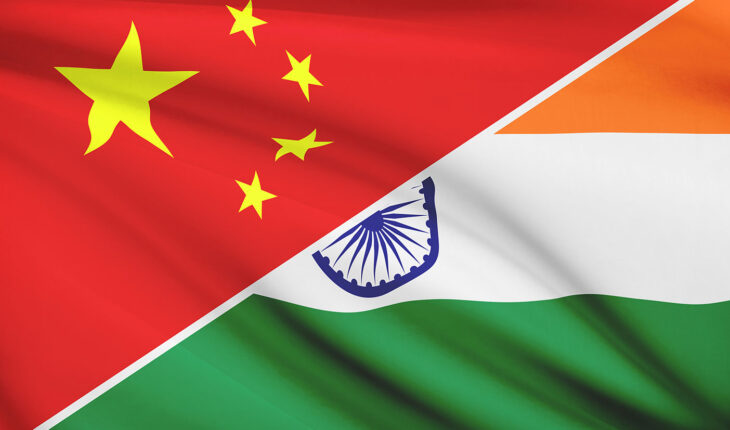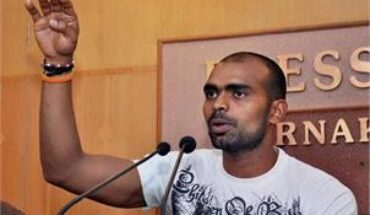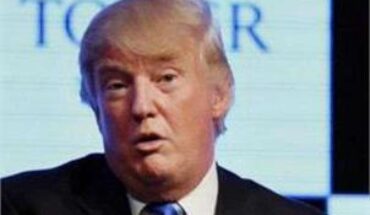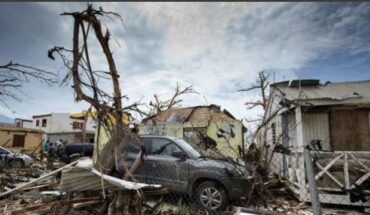BEIJING: India on Sunday boycotted China’s high-profile Belt and Road Forum, taking its protest over a controversial economic corridor traversing through Pakistan- occupied Kashmir (PoK) to a new level despite Beijing’s overtures to ensure New Delhi’s participation.
Following India’s boycott, Pakistan Prime Minister Nawaz Sharif, taking a veiled swipe at New Delhi’s move, said the multi-billion dollar China-Pakistan Economic Corridor (CPEC) was an economic project open to all the nations in the region and it “must not be politicised”.
No Indian official of any level was present at the elaborate opening ceremony attended by 29 heads of state and government along with top officials of the world bodies like the UN, the World Bank and the IMF. India skipped the meeting due to its sovereignty concerns over the USD 50 billion CPEC, which passes through PoK. Sharif, Sri Lankan Premier Ranil Wickramasinge, Russian President Vladimir Putin and Turkish President Recep Tayyip Erdogan were among the world leaders who attended the meeting inaugurated by Chinese President Xi Jinping. The US sent a delegation led by Matt Pottinger, special assistant to the President and senior director for Asia at the National Security Council. China apparently saw India’s boycott coming as no seat was allotted to it at the high-tech Convention Centre during the opening ceremony telecast live. The event, however, was attended by a few Indian scholars representing think tanks, which took part in the group discussions. Skirting any references to India’s absence at the meeting, Xi, in his address after inaugurating the Summit, said all countries should respect sovereignty. “All countries should respect each other’s sovereignty, dignity and territorial integrity, each other’s development paths and social systems, and each other’s core interests and major concerns,” the 63-year-old leader said. Xi said the Belt and Road initiative is “a project of the century” that will benefit people across the world. Dismissing assertions that the initiative was aimed at forming a “small group” of nations taking part in the One Belt and One Road (OBOR) venture, Xi said China plans to build it as a road to peace and link his country to much of Asia, Europe and Africa. “Pursuing the Belt and Road initiative, China has no intention to form a small group detrimental to stability,” as the pursuit of the initiative requires a peaceful and stable environment, Xi said. Xi, in his address, pledged to pump in a whopping USD 124 billion for projects that are part of the ambitious venture. In the run-up to the forum, China had sought to allay India’s concerns over the CPEC, saying that the project has no bearing on its stand on the Kashmir issue which should be resolved between India and Pakistan through dialogue. In another bid to allay India’s concerns, Chinese ambassador to New Delhi Luo Zhaohui, during an address at a think tank in New Delhi, had offered to rename the CPEC, insisting that it was an economic cooperation and connectivity enhancement project devoid of “sovereignty issues”. However, China had later removed the remarks of its envoy from the transcript of his speech posted on the Chinese Embassy website. While the absence of India was a talking point among the 4,000 Chinese and foreign media registered to cover the event, there was no official comment from China on New Delhi giving the forum a miss. Sharif, at the Summit, also avoided direct references to India’s boycott and its objections to the CPEC but said the initiative should not be politicised. He asserted that the project is open for the regional countries to join. “Let me make it very clear that CPEC is an economic undertaking open to all countries in the region. It has no geographical boundaries. It must not be politicised,” Sharif said in his speech at the inaugural session. “It is time we transcend our differences, resolve conflicts through diplomacy and leave legacy of peace for future generations,” Sharif said, without directly referring to India. Stating that the CPEC has emerged as the core and flagship project of China’s OBOR, he said, “OBOR signifies that geo-economics must take precedence over geo-politics and that the centre of gravity should shift from conflict to cooperation. We see it as a path for overcoming terrorism and extremism.” The conference will end tomorrow with a joint declaration. The Belt and Road initiative includes a maze of roads and port projects. While CPEC is highlighted as “flagship project”, the B&R includes the Bangladesh, China, India and Myanmar (BCIM) Economic Corridor, New Eurasian Land Bridge, China-Mongolia-Russia Economic Corridor, China-Indochina Peninsula Economic Corridor and 21st century Maritime Silk Road.—PTI






